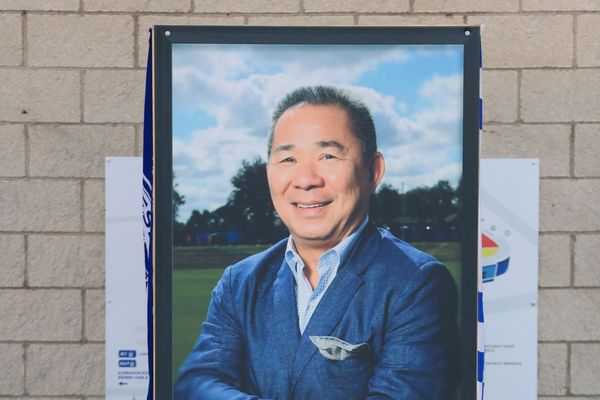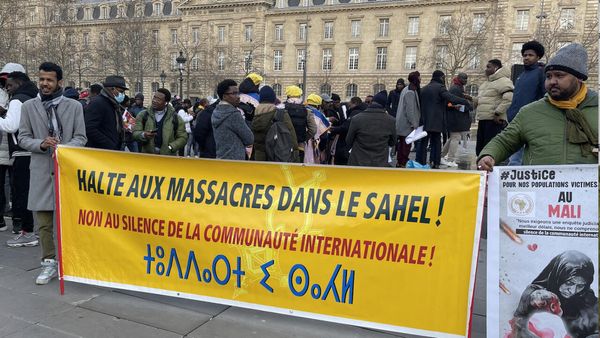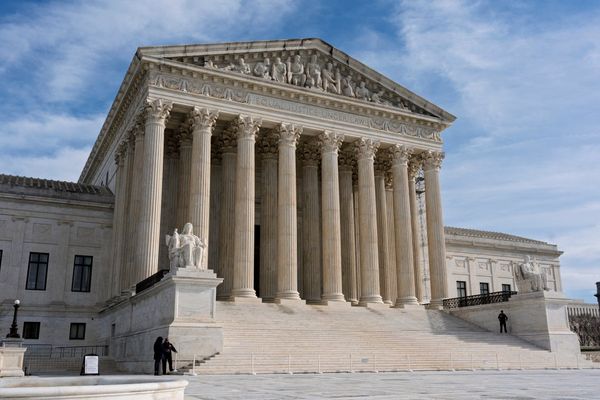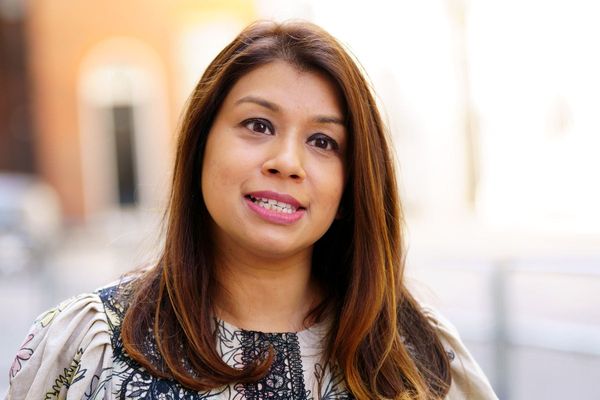ST. LOUIS — One-quarter of adult Missourians say they would not get a coronavirus vaccine at any point, according to results of a national survey released Friday.
The findings from collaborators at four universities, including Northeastern and Harvard, place Missouri's level of vaccine resistance above the national average of 21%, and near the middle of the pack, compared to other states. Massachusetts had the smallest share of respondents opposed to a coronavirus vaccine, at 9%, while Oklahoma and North Dakota tied for the greatest portion of residents who said they would not get the vaccinations, at 33% each.
The study — based on polls of 21,459 U.S. residents from every state, including 424 Missourians — helps outline what experts say will be a critical effort to gauge vaccine hesitancy as the nation pushes to vaccinate its residents. The subject has already fueled conversation among St. Louis researchers and policy adjustments by state officials.
Just last week, Gov. Mike Parson noted high interest in urban centers, and said that the state will work to hold more mass vaccination events in the St. Louis and Kansas City areas. "Some Missourians are less interested in receiving a vaccine than others," he said.
Parson's announcement came as mass vaccination events in rural corners of Missouri acknowledged that they couldn't find enough people to use up the doses they'd received.
The new nationwide study also found that rural areas had "far higher vaccination resistance" — 29% of rural respondents across the U.S., versus 22% in suburban areas, and 16% in urban places.
The study also found a complex set of discrepancies by age, education level, political affiliation, race, gender, and income levels.
Experts in Missouri say it is hard to pinpoint geographic pockets of vaccine hesitancy now. Lagging vaccination rates in a given area could largely result from vaccine supply shortages, they said. And a wide range of barriers, from transportation to technology, face eligible patients.
"Vaccine hesitancy may not be a real barrier," said Enbal Shacham, a professor at St. Louis University's College for Public Health and Social Justice. "The real barrier is access."







